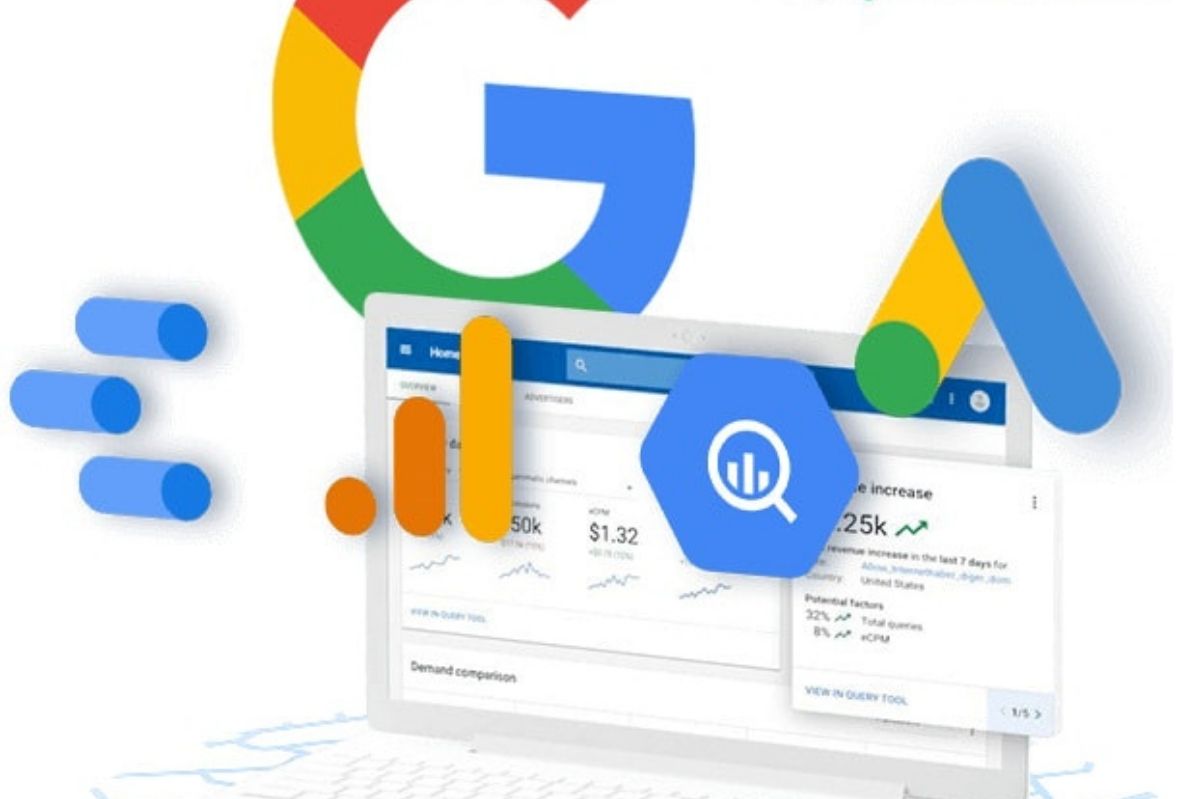4 Most Common Errors In Google Ads And How To Fix Them

Advertising on Google can provide incredible results; however, a few little setup mistakes can deplete your budget exponentially! Below are four common errors in Google Ads and how to resolve them before they harm performance.
Table of Contents
1. Inaccurate Conversion Setup
A successful campaign depends on monitoring the appropriate conversions. Too many advertisers opt for clicks and page visits as a measure of results, rather than actual results like purchases and sign-ups.
Result: The system is learning from poor data and distributing ad spend ineffectively.
Fix:
- Create clear conversion goals that match your business targets.
- Use Google Tag Manager or Google Ads conversion tags correctly.
- Test every event in a Dummy Google Ads account before going live.
- If you use the Google Ads API, check the API status regularly to ensure events are being recorded correctly.
Reliable tracking data allows Smart Bidding to optimise for real value rather than surface metrics.
2. Loose Keyword Targeting
One standard error in Google Ads is overusing broad match keywords. When ads are sent to irrelevant searches, it will lead to low-quality clicks and lost money.
Fix:
- Combine exact match for precision and phrase match for discovery.
- Review search terms weekly and build a strong negative keyword list.
- Watch for Costly Google Ads Mistakes like ignoring long-tail search intent.
- If you manage accounts through the Google Ads API, schedule scripts to auto-pause keywords with poor CTR or no conversions.
Effective targeting saves money and helps ads reach the right audience at the right time.
3. Misconfigured Campaign Settings
Campaigns can sometimes underperform not due to the ad, but due to a misconfiguration, such as wrong locations, low budgets, or being paused.
Fix:
- Check that campaigns are enabled, not paused or removed.
- Set realistic daily budgets and adjust bids to match conversion value.
- Verify your geo-targeting includes only relevant regions.
- Avoid overlap — don’t let two campaigns compete for the exact keywords.
In the case of developers, monitoring through the API allows for automatic visibility into errors.
Each singular campaign in the Google Ads API provides a status field – use that to ensure that you can find campaigns that are not running before they become inefficient.
4. Ignoring API or Automation Errors
Marketers who utilise automation often neglect to maintain it. API calls occasionally fail silently – this may be due to outdated versions, missing credentials, or other similar issues.
You will not be aware of the underlying technical Google Ads Issues until the reports don’t appear correct.
Fix:
- Keep your developer token active and API version updated.
- Review Google Ads API error codes frequently — authentication, validation, or rate-limit errors need fast resolution.
- Log every API request and alert your team when an API status changes.
- Use a test or Dummy Google Ads account to simulate data before pushing updates.
Checking through the API makes sure that your automation scripts do not accidentally pause, duplicate, or delete Campaigns.
Final Checks Before Scaling
Check whether conversions are firing correctly, Review Search Terms and Update Keywords, think about your campaign budgets and geo-locations, and monitor and solve API errors rapidly.
Fixing Google Ads is more about due diligence than sophisticated tools. We need to do regular checks and have accountability processes. A few minutes breaking down the data every week fixes the most significant Advertising mistakes in Google Ads.
Conclusion
Winning with Google Ads isn’t necessarily about spending more — winning is about fixing what quietly leaks money out of your account. Most costly Google Ads problems can be avoided at scale through a combination of auditing, conversion tracking, tightening keyword targeting, correcting campaign settings, and monitoring the Google Ads API.
Remembering to focus on clarity, test every change, and keeping all of your data clean, precision will win over volume every time in the long run.
Also Read : Advertising Campaign | Advertising On Facebook
